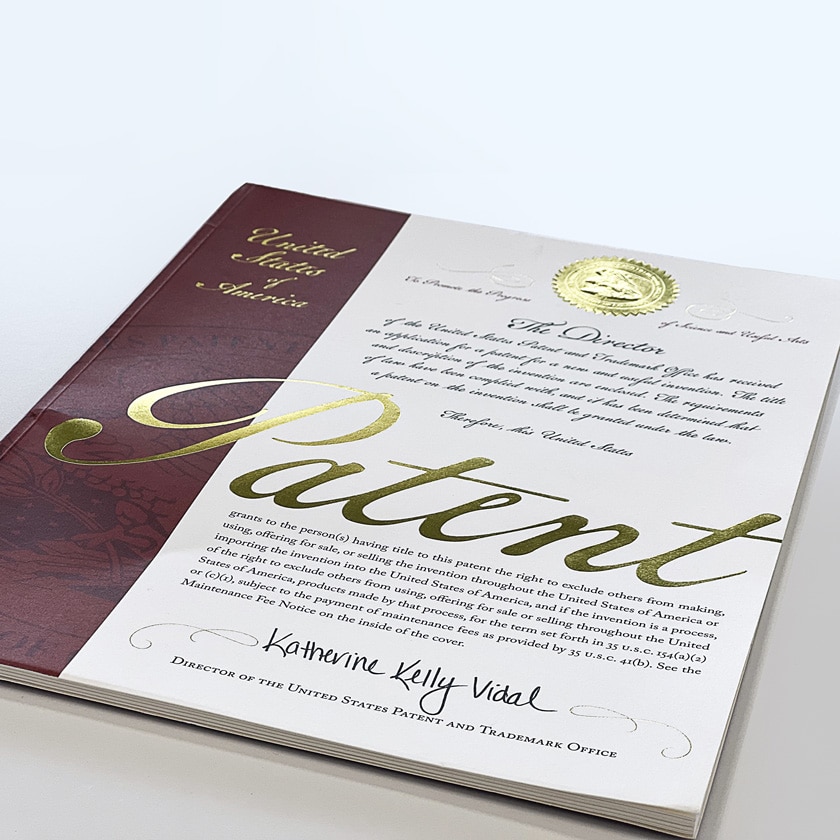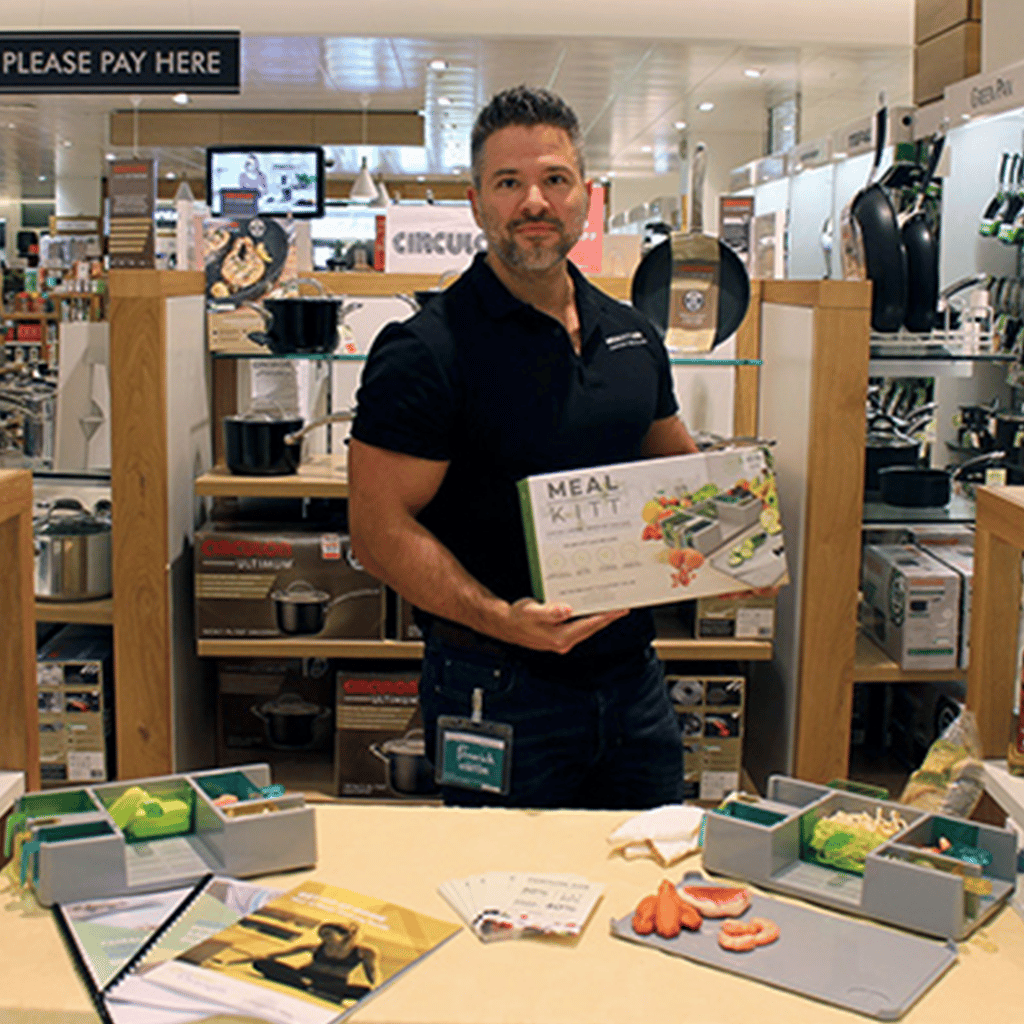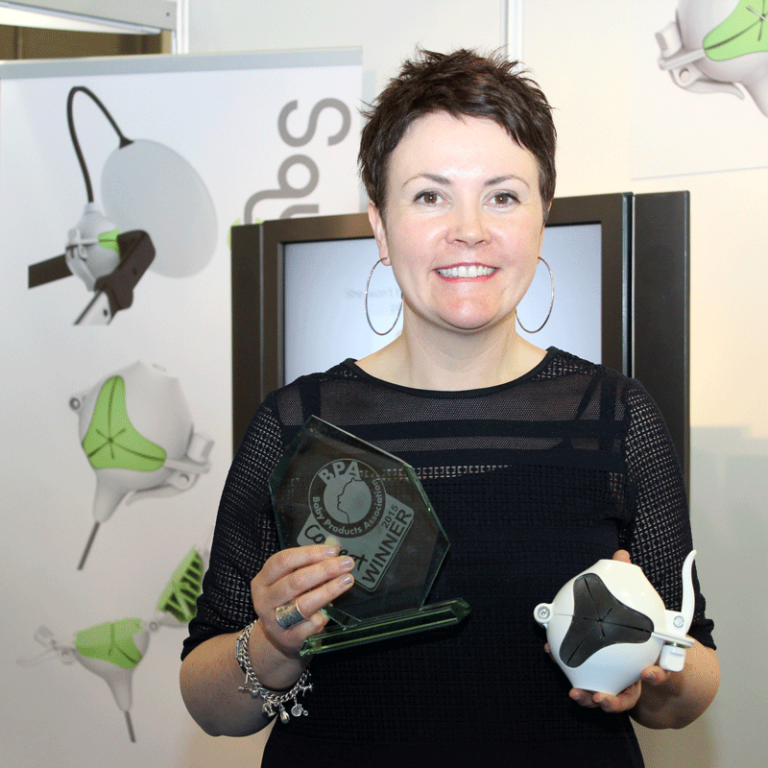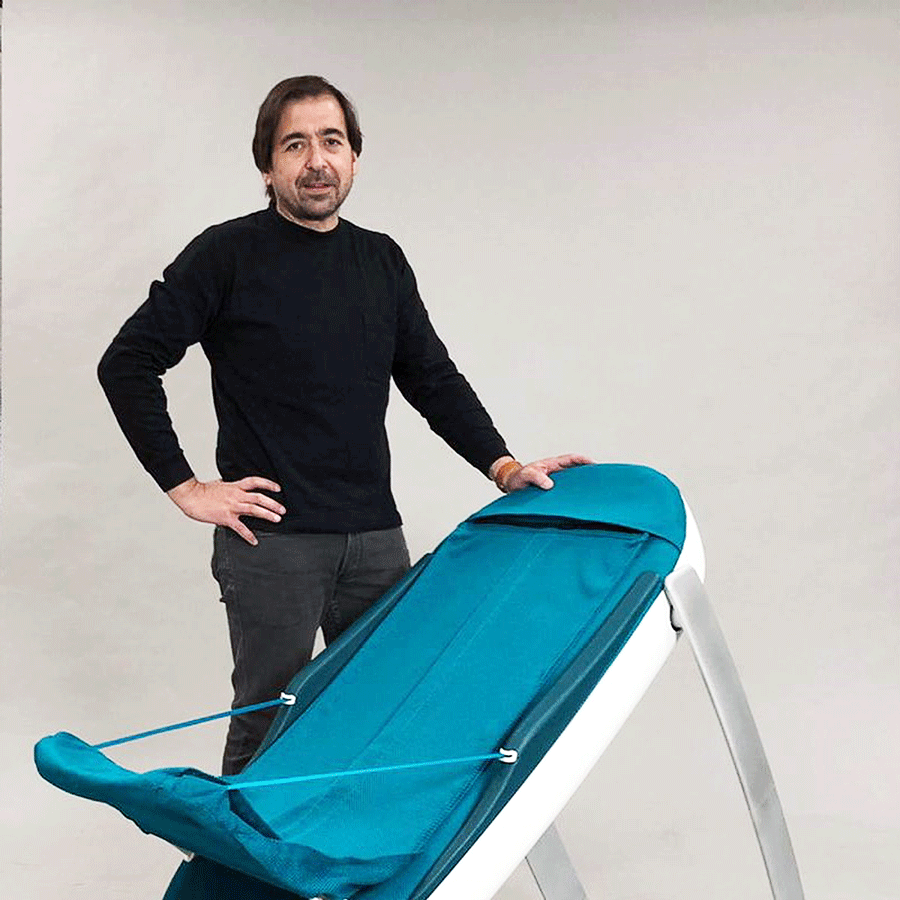IP Strategy for Start-Up Businesses
Intellectual property is one of the most important considerations for any start-up but is all too often overlooked.
What Start-Up businesses need to know about intellectual property
Intellectual property is one of the most important considerations for any start-up but is all too often overlooked for the more glamourous and potentially exciting areas of the business! But this can be costly further down the line. If you run a Start-Up and are looking to protect your IP, we offer advice on IP strategy for Start-Ups. Read on to discover the best ways to ensure your unique creations are safe and secure, and avoid potential pitfalls, with help from experts and Chartered Patent Attorneys.
What is Intellectual Property (IP)?
Vicki Strachan, founder of Strachan IP, describes intellectual property (IP) as an intangible asset, which although exists only on paper is, nevertheless, a form of property. Like a house it can be sold, rented (licensed) or used as collateral. It has the potential, in many ways, to generate revenue for your start-up, albeit sometimes indirectly, and like a house, its value depends on its quality.
IP rights exist to protect a business’s or individuals effort and expenditure, in time and money, in innovating new ideas and developing new creative works. The IP system allows a company or person to benefit, usually for a time-limited period, from its innovations and creations exclusively, in order to encourage further innovation.
Understanding what you have
Any business’s starting point with IP is understanding what, exactly, they have. Start-ups all need a basic understanding of what they may have created that is novel, how to protect it and whether it’s infringing on someone else’s IP. Patent searches are a great way to start to identify this.
As a basic guide, new technical inventions for products or methods can be protected by patents; the new shape of objects can be protected by designs; trademarks protect brands used to distinguish goods and services; copyright is used to protect literary, artistic and musical works, and trade secrets protect confidential information like the recipe for Coca Cola.
It’s important to remember that all these types of IP have limited life spans, except for trademarks, provided the renewal fees are paid and the trademarks are actively used. Goods and services can be protected by more than one type of IP right and a bundle of IP protections is often stronger overall.
Create an IP strategy
IP protection is more than a straightforward tick-box exercise of filing a form to get a patent, design or trademark. Because significant costs can be incurred it is always critical to first determine how IP can support a company’s commercial goals and from there to devise a clear IP strategy.
Review your Start-Ups IP strategy regularly, as the company grows and develops along with your product, your IP strategy is likely to evolve.
Avoid potential pitfalls
With start-ups, there are some common mistakes with IP that can be avoided if research is done properly. For example, choosing a company name carefully, when it comes to domains, meaning in different languages social media handle availability as well as the all important ability to protect it. With technical innovation you don’t want to spend months developing an idea that is already patented by someone else or isn’t protectable due to prior art.
Be careful not to publicly disclosing new inventions and designs, as if you do so they are likely not be protectable. Use of NDAs can be sensible and avoid the need to protect your IP too early on, but take legal advice first.
IP for investment purposes
IP is important for a start-ups potential revenue and sales in the future as it can determine market share. Investors often ask about IP protection early in a pitch and so having a clear IP strategy and having taken significant steps towards protecting your unique ideas is critical.
It’s all in the timing…
Patent applications must be filed before the invention is disclosed to third parties unless effective confidentiality agreements are in place. However, filing an application too early, without adequate technical disclosure, could undermine the IP position and weaken your protection. This is a key area where a trustworthy Chartered Patent Attorney can help.
Another issue is around collaboration; often a necessity for start-ups, developing new concepts rapidly. At the outset, it is important to set clear boundaries around ownership and exploitation of IP. A formal agreement is essential such as a IP assignment agreement.
Watch your Budget carefully
Keeping an eye on the budget, especially with patents as protecting IP can be costly. A Start-Ups needs to determine how much it is willing to spend for any IP strategy and not to let the budget get out of hand.
Get referrals from trusted friends or colleagues and speak to more than one attorney before committing. This will be a long relationship so it’s critical that you work with someone you get on with, who communicates in English not Latin and who you trust to advice for the benefit of your business not just their billing target.
The Intellectual Property Office website can be helpful to gain a basic knowledge yourself but we wouldn’t suggest trying to draft and file your own IP protection.
If you have employees, consultants, agencies or freelancers working with you, do you have contracts in place that ensure any IP created by them passes to your business. Make sure you know who actually owns the IP before commissioning any work to ensure that there are no later disagreements.
Summary
IP is a powerful tool for your Start-Up but can be a costly one. Take professional advice but also do your homework so that you retain overall understanding of your new businesses IP strategy.
Find out more about how your IP strategy should fit with your Innovation Strategy here: Product Design for Start-Ups





